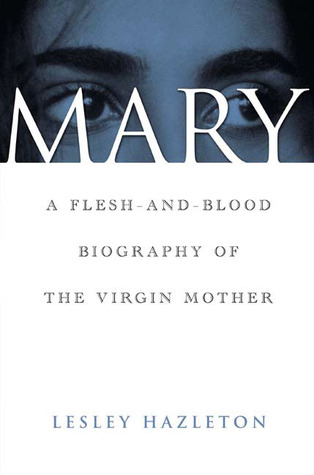So this is a little outside my usual postings, but I just had to share an experience I had today because it was so unusual and unexpected and awesome - at least to a history nerd like me:
I was selling some items at Half Price Books, so while I was waiting for an offer on said items, I gravitated toward my usual section, world history. A few minutes there and I found two books about Eleanor of Aquitaine, one I had read and one I hadn't. I'm still perusing the shelves when an older man enters the section and is looking at the books about Russia. We strike up an conversation that turns to genealogy and he says he has recently found in his research that twenty-six generations back, his wife's grandfather is Henry II.
Yes, THAT Henry II,
As in, Mr. Plantagenet himself, Duke of Anjou, King of England, father of Richard the Lion Heart.
And thus making this woman's 26-times grandmother...
Eleanor of Aquitaine.
I was actually speechless for a moment. And for those who know me, that's kind of a big deal. I could not believe it. I then showed the man the two books I was holding, and talked about Eleanor and Henry and Richard and John for about ten minutes, also mentioning my daughter is name after Eleanor of Aquitaine. How random! And my trip to the store had been totally impromptu; it was fate! I know it may not seem like a big deal to some, but this was so cool to me. This man had not only traced his wife's lineage back almost 1,000 years, he had married into the Plantagenet family! Okay, so they don't GO by that name, but you know what I mean. I asked if he remembered off the top of his head which child of Eleanor and Henry his wife's line came from, but he did not recall. There are many options, as many of their children survived to adulthood and had children of their own. I wish she had been at the store with him, but I probably would have just freaked her out, being all crazy with the knowledge. Still, this was a pretty neat thing.
The Eleanor of Aquitaine books I purchased thanks to my sweet offer for all the seasons of Law and Order: SVU I sold:

I haven't read this one yet. So excited, because I almost didn't see it, it was kind of hidden!
And...

...which I have already read. However, I am collecting every book about Eleanor of Aquitaine that I can find, in order to have a nice collections to give to my own Eleanor when she is older. Plus I never get tired of reading about pretty much the most B.A. woman in history.
I got a couple other books as well, thanks to my sale, books OPL does not currently own. I am very excited for all the extra reading. You know, on top of the 40 (max) I already have checked out from said library.
Happy Reading!






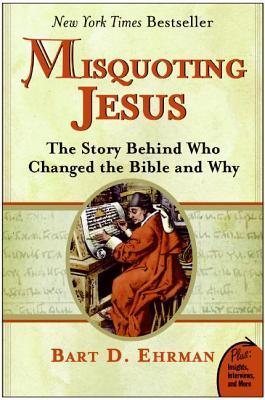


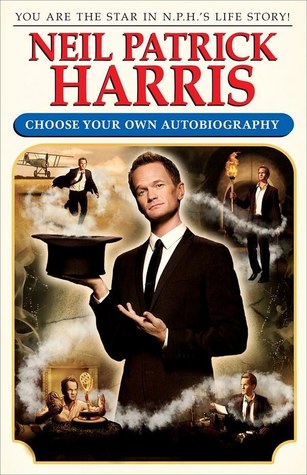

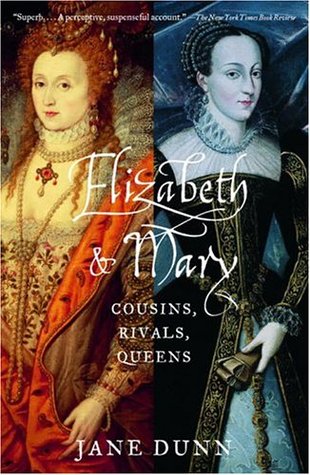





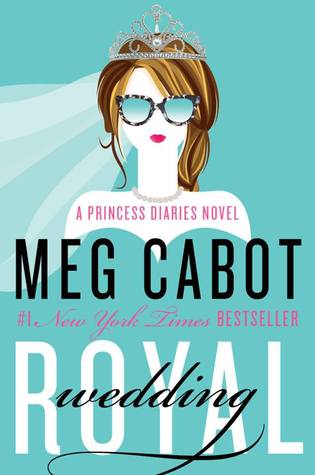
 I haven't read this one yet. So excited, because I almost didn't see it, it was kind of hidden!
I haven't read this one yet. So excited, because I almost didn't see it, it was kind of hidden! ...which I have already read. However, I am collecting every book about Eleanor of Aquitaine that I can find, in order to have a nice collections to give to my own Eleanor when she is older. Plus I never get tired of reading about pretty much the most B.A. woman in history.
...which I have already read. However, I am collecting every book about Eleanor of Aquitaine that I can find, in order to have a nice collections to give to my own Eleanor when she is older. Plus I never get tired of reading about pretty much the most B.A. woman in history.




